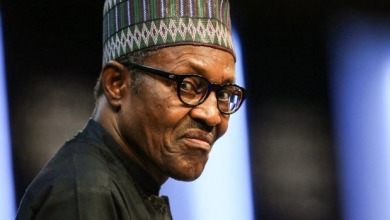
Nigeria pays final instalment of $3.4 billion IMF loan
…As interest, administrative fees linger till 2029
CITIZENS COMPASS– The International Monetary Fund (IMF) has removed Nigeria from the list of its debtors just as the nation has fully serviced her loan of $3.4 billion.
This loan was received in April 2020 during the Covid-19 Pandemic era through the IMF’s Rapid Financing Instrument.
It was meant to support the country during the economic hardship brought on by the pandemic. At the time, Nigeria was facing a major drop in oil income, widening budget deficits, and the threat of a deep recession.
The final installment of the loan was paid off on April 30, 2025. According to the IMF’s update on May 7, 2025, Nigeria is no longer listed among the 91 countries still owing money to the institution.
While the loan principal has been cleared, Nigeria will continue to pay interest and administrative fees until 2029. These charges are projected to exceed 22 million Special Drawing Rights (SDRs), roughly $30 million, in 2025 alone.
Data sourced from the website of the Washington-based lender revealed that Nigeria has cleared the capital of the loan remaining the interest and Administrative fees.
IMF records show that Nigeria’s debt to the institution dropped from $2.47 billion in 2023 to $800.23 million in 2024, before being fully settled in 2025.
Repaying this debt was part of a broader plan to manage Nigeria’s rising financial obligations. In 2024, the government spent $4.66 billion servicing external debt, a 167% increase from the previous year. This jump was largely due to higher global interest rates and the naira’s weakening, which made repaying dollar-denominated loans more expensive.
Domestically, debt servicing also rose. Nigeria paid N5.97 trillion on internal debts in 2024, up from N5.23 trillion the year before. Bonds issued by the Federal Government made up the largest part of this figure, costing N4.69 trillion—an increase of nearly 79% compared to the previous year.
In total, the country spent about N13.12 trillion on debt servicing in 2024 alone. This was higher than the N12.3 trillion budgeted for the year and showed a 68% rise from N7.8 trillion spent in 2023.
These figures underline the government’s heavy financial burden, even as it works to stabilize its economy and keep up with repayment commitments. Despite the ongoing interest charges, clearing the IMF loan is a step forward in reducing Nigeria’s international debt load.







